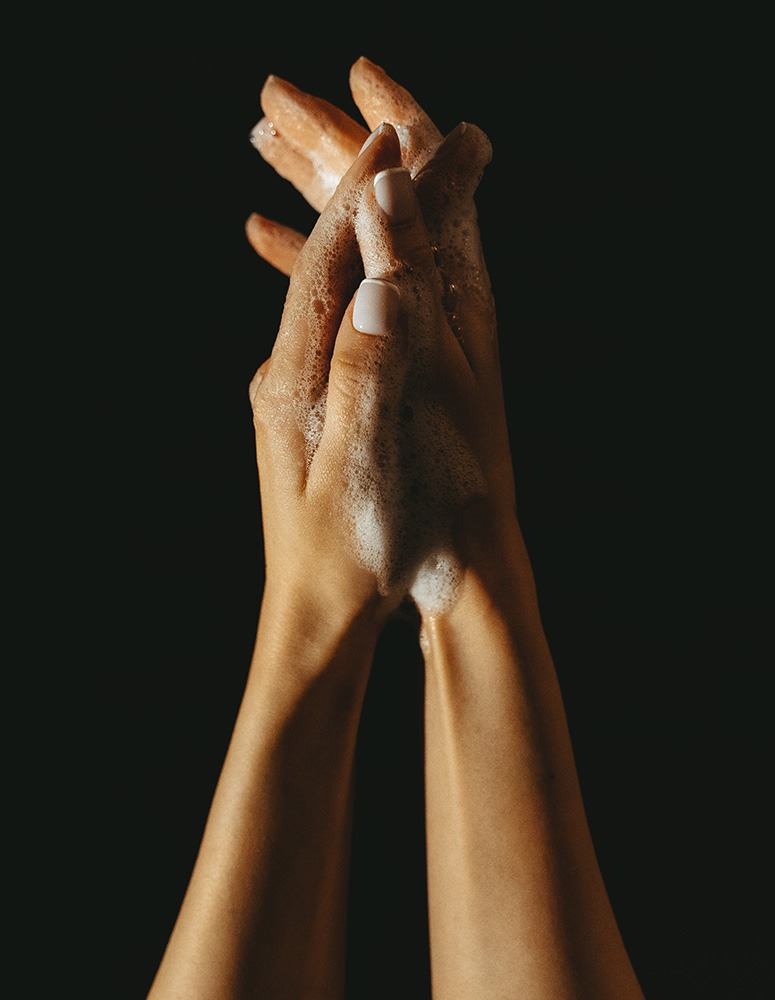How the Coronavirus is Affecting Your Skin
In addition to the well-known symptoms of Covid-19—fever, dry cough, fatigue, shortness of breath, chills, muscle pain, sore throat, and a sudden loss of taste or smell— doctors are now describing a variety of skin conditions that may accompany the illness. These skin manifestations include “covid toes”—toes that look blue, or frost-bitten—and various types of rashes—from tiny red spots similar to hives to larger flat or raised lesions.
However, it’s not clear whether the virus itself is responsible for the skin outbreaks (as is the case with the welts associated with the chickenpox virus, for example), or are a secondary effect, perhaps caused by a hyper-charged immune system working to battle the disease. Whatever the explanation, as many as 20% of hospitalized Covid-19 patients exhibit skin manifestations, according to an Italian study published March 26, 2020, in the Journal of the European Academy of Dermatology and Venereology.
Because the skin is a window to overall wellness, it’s not surprising that the novel coronavirus would show up here. However, because some patients may have mild or no other symptoms of disease, they might never be properly diagnosed with Covid-19 if the medical community were not advised to consider this possibility when treating patients with skin conditions.
Yet another way that Covid-19 is taking a toll on the skin is through increased hand-washing—often with alcohol-based sanitizers. Although hand-washing (with soap and warm water for at least 20 seconds) is one of the best ways to prevent the spread of coronavirus, hand-washing can also dry the skin by washing away essential oils. This is particularly true when sanitizer or an antiseptic soap is used.
That’s why it’s important to follow your hand-washing with a moisturizer—especially if you’re prone to eczema, a skin condition characterized by dry and cracked skin, itchiness, pain and even infection. It’s also important to avoid soaps and other products you may be allergic to. (Common allergens include perfumes, dyes, formaldehyde, which is found in some disinfectants, and other harsh chemicals.) If you know you have sensitive skin, use a gentle soap with no added dyes or perfumes and a pH below 5.5.
To test whether you are allergic, rather than merely sensitive, apply a diluted amount of the product you are testing onto a portion of your upper arm not affected by dermatitis. Apply a Band-Aid and leave on for 1-2 days. If there is no rash, you are probably not allergic; although you could still be irritated by a full-strength dose of the product.
If you should experience a particularly bad eczema flare-up, wrapping the affected area with a warm wet towel can have wondrously soothing and healing effects.
It’s also important for eczema-sufferers—as well as the rest of us—to manage our stress! By now, I hope you have discovered the stress-reducers that work best for you and are incorporating them into your daily routine. These may include:
Daily gratitude journaling.
Deep breathing and meditation—even if only for a few minutes each day.
Limiting news and social media consumption if it threatens to become overwhelming.
Integrating positive affirmations into your day. (Download my free Murad Inspirations app and you’ll receive them automatically!)
Connecting with your loved ones and other support systems—even if it’s only by phone, Facetime, or Zoom.
A practice of matching every fearful thought you have with two that are positive and grateful.
Setting aside time each day for activities that help calm your nervous system, such as gardening, baking, drawing, running, yoga, listening to music, spending time with a pet, etc.
Always remember the 4 pillars
- Nourish your skin
- Eat your water
- Move your body
- Reduce your stress
Regardless of whatever problems we may be experiencing, every cell in our body is connected, so our care needs to encompass our whole self!
Also keep in mind that, though we’re continuing to isolate, we’re not alone in our experiences. Viruses may be contagious—but so are love and laughter, hope, gratitude and appreciation.
